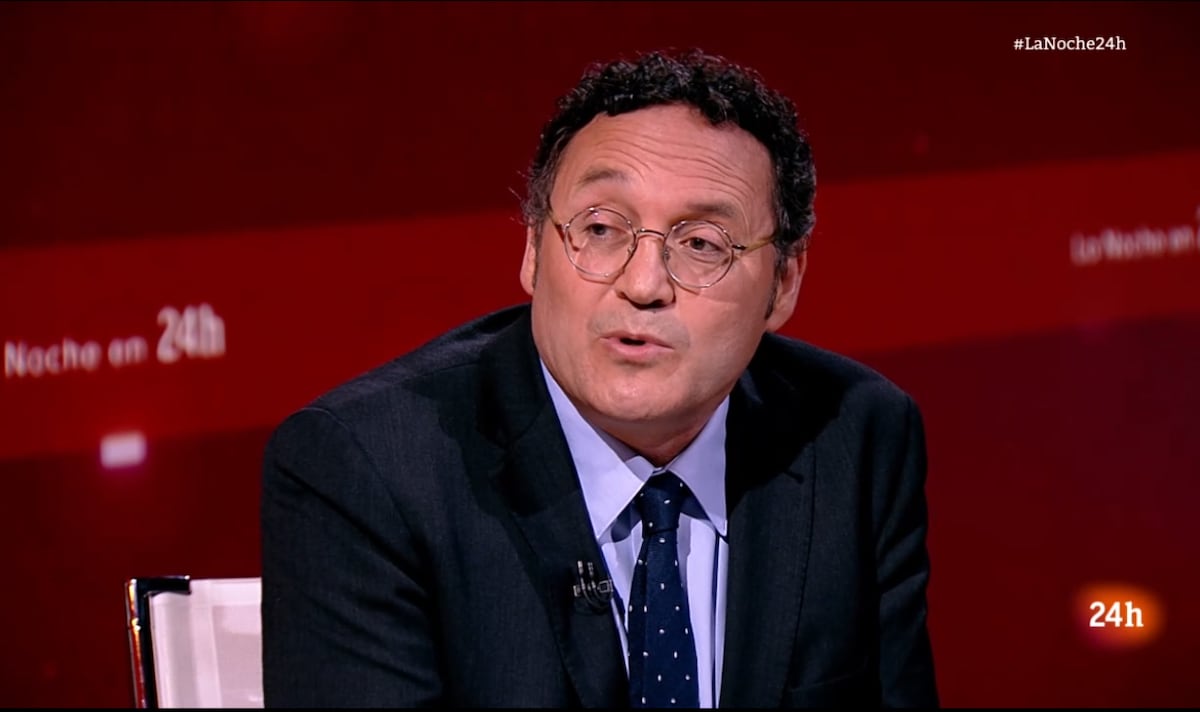Difficult ceasefire negotiations in Lebanon amid escalation between Israel and Hezbollah – Technologist
A new escalation between Israel and Hezbollah has cast a shadow over the already difficult negotiations led by US special envoy Amos Hochstein to secure a ceasefire in Lebanon. A cloud of rockets and drones rained down on Israel on Sunday, November 24, in one of Hezbollah’s most violent barrages in months. More than 250 projectiles were fired from Lebanon, according to the Israeli army, injuring seven people and causing damage as far away as the Tel Aviv region in central Israel.
The Lebanese Shiite group published a photo of a strike near Petah Tikva, a locality east of Tel Aviv, with the headline “Beirut equals Tel Aviv.” They presented the barrage as a response to a particularly deadly day in Lebanon on Saturday, where the Ministry of Health reported 84 deaths, including at least 29 caused by an Israeli strike in central Beirut. On Sunday night, the Israeli army continued its bombardments, targeting 12 buildings in the southern suburbs of Beirut, which it described as “Hezbollah command centers.”
On Wednesday, Hezbollah leader Naim Kassem promised to adopt a principle of reciprocity when selecting targets in its battles with Israel. Following the end of talks in Beirut led by Hochstein, who had deemed a solution “within reach,” the Shiite movement’s leader vowed to continue fighting until a permanent cessation of hostilities and to target “the center of Tel Aviv,” in retaliation for Israeli strikes on Beirut. He was responding to Prime Minister Benjamin Netanyahu’s statement to the Knesset on Monday that Israel would continue “to carry out operations against Hezbollah, even after the signing of an agreement with Lebanon.”
On Saturday, Israel’s defense minister, Israel Katz, reiterated that Israel would continue to act “with determination” against Hezbollah. At dawn, Israeli missiles were fired without warning at an apartment building in the densely populated Basta district in the heart of the Lebanese capital. On Monday morning, the official toll of 29 dead and 67 wounded was still provisional, while rescue workers continued their search. Israeli officials told the media, on the condition of anonymity, that the target was Mohammad Haydar, Hezbollah’s head of operations, without confirming his death. Hezbollah MP Amine Cherri denied that a leader of his movement had been targeted.
Attacks intensify
This deadly strike has dented the optimism of Lebanese officials after Hochstein’s visit to Lebanon was deemed “positive.” It was the fourth Israeli attack on central Beirut in a week. Prior to the arrival of the US Middle East envoy on Tuesday, Israel had stepped up its strikes not only in the Lebanese capital but also in its southern suburbs, as well as in the east and south of the country. This escalation was interpreted in Lebanon as a way for Israel to put pressure on Hezbollah to accept its demands under the ceasefire agreement.
You have 54.73% of this article left to read. The rest is for subscribers only.


